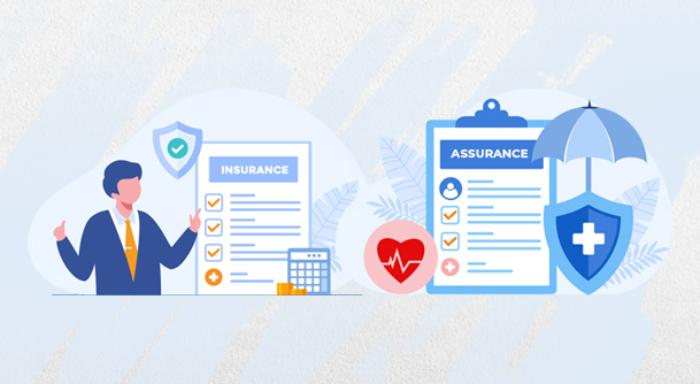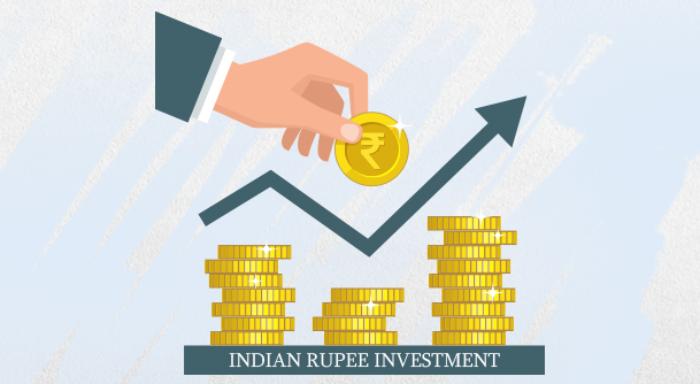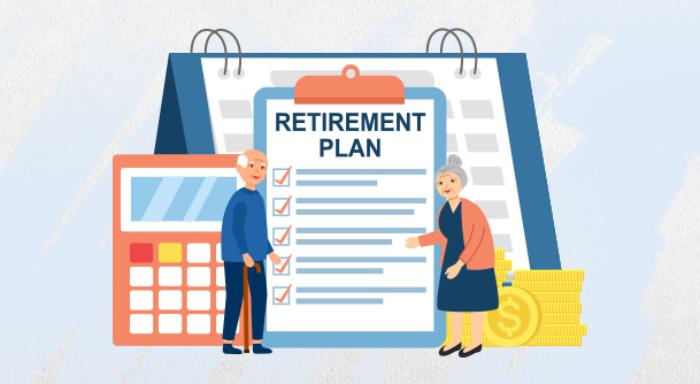Ever Wondered How the Government Spends Your Tax Contribution?
Blog Title
3785 |
9/6/24 4:30 AM |
Every year, you fulfil your duty by paying taxes. However, you might wonder how the money collected from taxes is used. Understanding how your tax contributions are utilized helps you see the value of this civic duty.
This blog will explain how the government uses tax revenue. We will also provide insights into how you can reduce your tax burden through smart investments. Learning these facts will empower you as both a taxpayer and a consumer.
What are the Sources of Revenue for the Government?
The government collects money from different sources to fund its activities, including:
Revenue Source |
Description |
Direct Taxes |
These are paid directly by individuals on their income and by companies on their profits. |
Indirect Taxes |
These are included in the price of goods and services, like Goods and Services Tax (GST). |
Public Enterprises |
It is the money earned from government-owned companies. |
Various Fees |
These are charges collected for different government services. |
How Does the Government Use Your Tax Money?
Taxpayer money is primarily allocated across several key categories, including:
1. Interest payments: The government often needs to borrow money to make up for the difference between how much it earns and spends. A significant portion of the budget is used to pay off interest accrued on loans and borrowed assets.
2. Fund defence expenses: About 11-11.5% of the budget is reserved for defence, ensuring our borders are secure. This covers daily military operations, salaries and pensions for defence personnel, and purchase of modern military equipment.
3. Run government schemes: The government runs many programs to help improve the lives of its citizens, especially those who are less fortunate. Some of these programs include:
• Pradhan Mantri Jan Dhan Yojana (PMJDY): Aims to provide affordable access to bank services for everyone.
• Pradhan Mantri Jeevan Jyoti Bima Yojana (PMJJBY): Offers affordable life insurance policies that are accessible to every citizen.
• Atal Pension Yojana: Provides a steady pension to workers in the unorganised sector.
4. Provide subsidies: The government offers financial aid, known as subsidies, to encourage activities that boost the economy and assist those in need. They come in various forms, such as direct cash transfers to people’s bank accounts, tax reductions, and providing essential goods at prices lower than the market rate.
5. Paying salary and pension: As one of the largest employers in the country, the government spends a big chunk of its budget on salaries and pensions.
6. Provide grants to states and union territories: About 8% of the budget is given as grants to state and local governments. These grants help the local government manage their regional development. These funds help with building infrastructure, financing schools and hospitals etc.
Are There Any Ways to Save Tax?
Yes, you can save tax by engaging in effective tax planning. Tax planning is crucial for maximising your income by minimising the taxes you pay. Below are some strategies that you can use to reduce your tax burden:
Tax-Saving Investments
- Equity-Linked Savings Scheme (ELSS): Invest in these mutual funds to get deductions under Section 80C of the Income Tax Act. For example, if you invest up to ₹1,50,000 in ELSS, this amount can be deducted from your taxable income, lowering your overall tax burden.
- Public Provident Fund (PPF): A popular long-term investment that offers tax-free interest and returns under Section 80C. You can contribute up to ₹1,50,000 annually. This is fully deductible from your taxable income.
- National Pension System (NPS): This retirement savings plan allows additional deductions of up to ₹50,000 under Section 80CCD(1B), over and above the ₹1,50,000 allowed under Section 80C.
Insurance Products
- Life Insurance: Premiums paid on life insurance policies are eligible for tax deductions under Section 80C. For example, if you pay a premium of ₹1,00,000 annually, this amount can reduce your taxable income.
- Health Insurance: Premiums paid for health insurance can be claimed under Section 80D. For instance, you can claim up to ₹25,000 for insurance premiums for yourself, your spouse, and children, and an additional ₹50,000 for parents aged 60 years or older.
- Home Loan Benefits: Under Section 24 of the Income Tax Act, home loan borrowers can claim a deduction on interest payments up to ₹2,00,000 per year. Your annual loan repayments are also eligible for a deduction under Section 80C, up to the limit of ₹1,50,000.
Education Loan Interest
Deductions for interest paid on education can be claimed under Section 80E. This deduction is available for the full amount of interest paid and can be claimed for a maximum of 8 years. For example, if you pay ₹1,20,000 annually as interest on an education loan, this amount can be fully deducted from your taxable income.
Medical Expenses
Under Section 80DDB, expenses incurred for the treatment of certain specified diseases (like cancer or AIDS) can be claimed. Individuals under 60 can claim up to ₹40,000, while senior citizens can claim up to ₹1,00,000. Furthermore, up to ₹5,000 can be claimed within the existing limit of ₹25,000 under Section 80D for health insurance premiums.
In summary
It is crucial to stay informed about the government's annual budget announcements. These updates outline the government's budgetary intentions as well as any new financial regulations. Understanding the budget will help you see the wider picture regarding our country’s financial status. Moreover, changes introduced during the Union Budget may also open new avenues for tax savings.
We invite you to check out Edelweiss Life Insurance to learn more about our investment and insurance plans. Our plans offer tax advantages in addition to monetary security. You should strive to effectively contribute to your future, and the future of the country, by making prudent financial decisions.
Aastha Mestry - Portfolio Manager
An Author and a Full-Time Portfolio Manager, Aastha has 6 years of experience working in the Insurance Industry with businesses globally. With a profound interest in traveling, Aastha also loves to blog in her free time.





